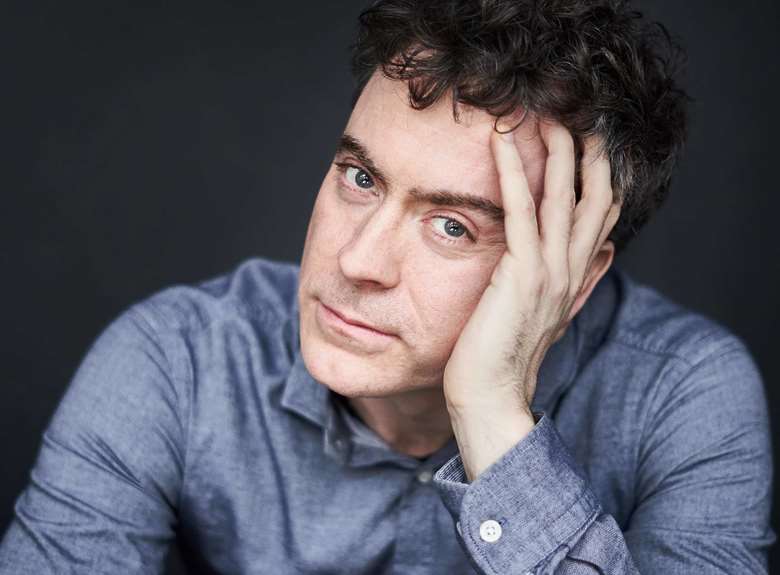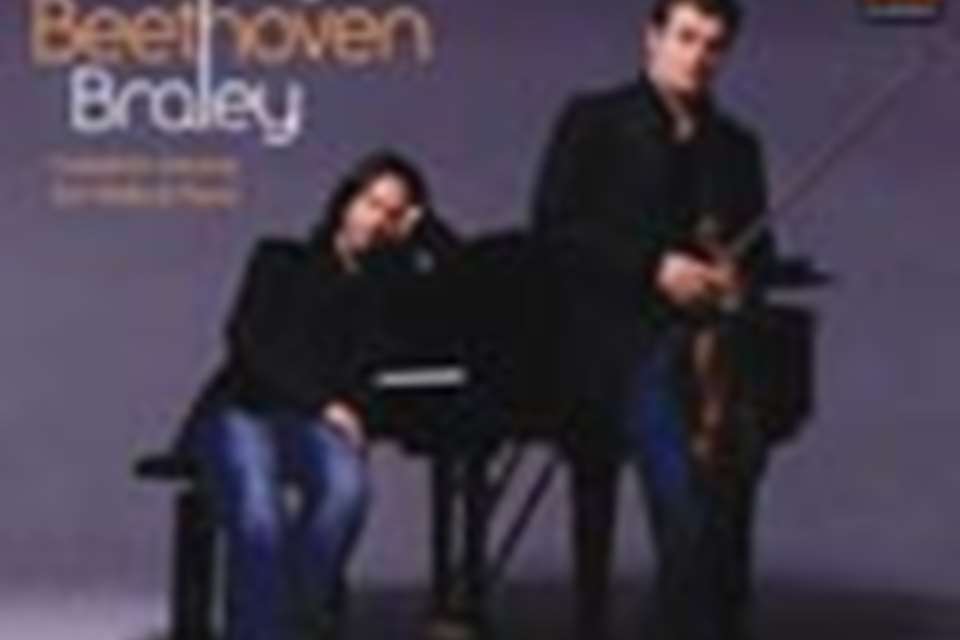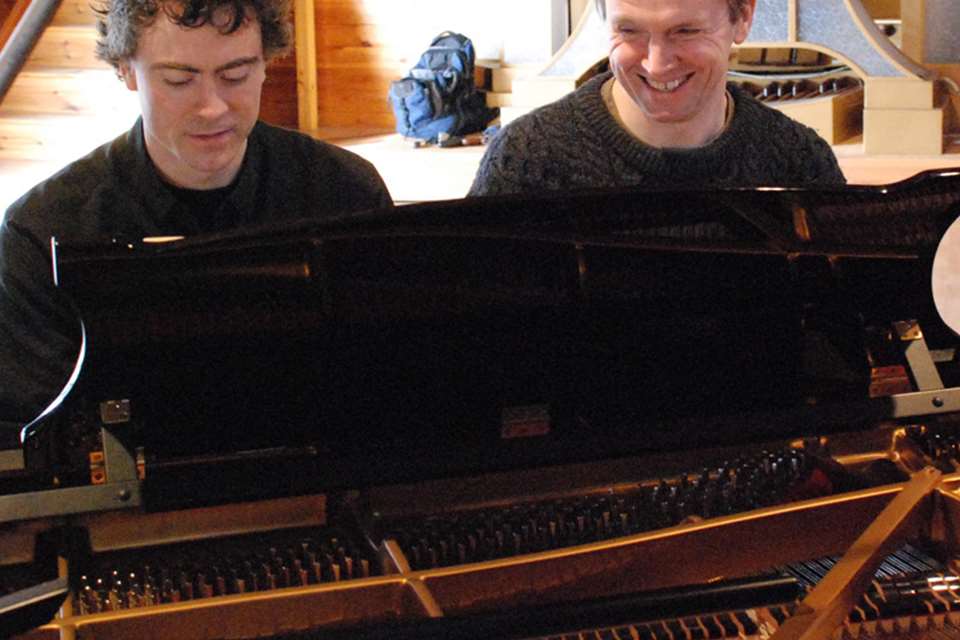International Piano meets ... Paul Lewis
Friday, March 8, 2024
Paul Lewis tell us what music is practicing at the moment, what works he would love to learn and which composers are the most underrated

Register now to continue reading
This article is from International Piano. Register today to enjoy our dedicated coverage of the piano world, including:
- Free access to 3 subscriber-only articles per month
- Unlimited access to International Piano's news pages
- Monthly newsletter








